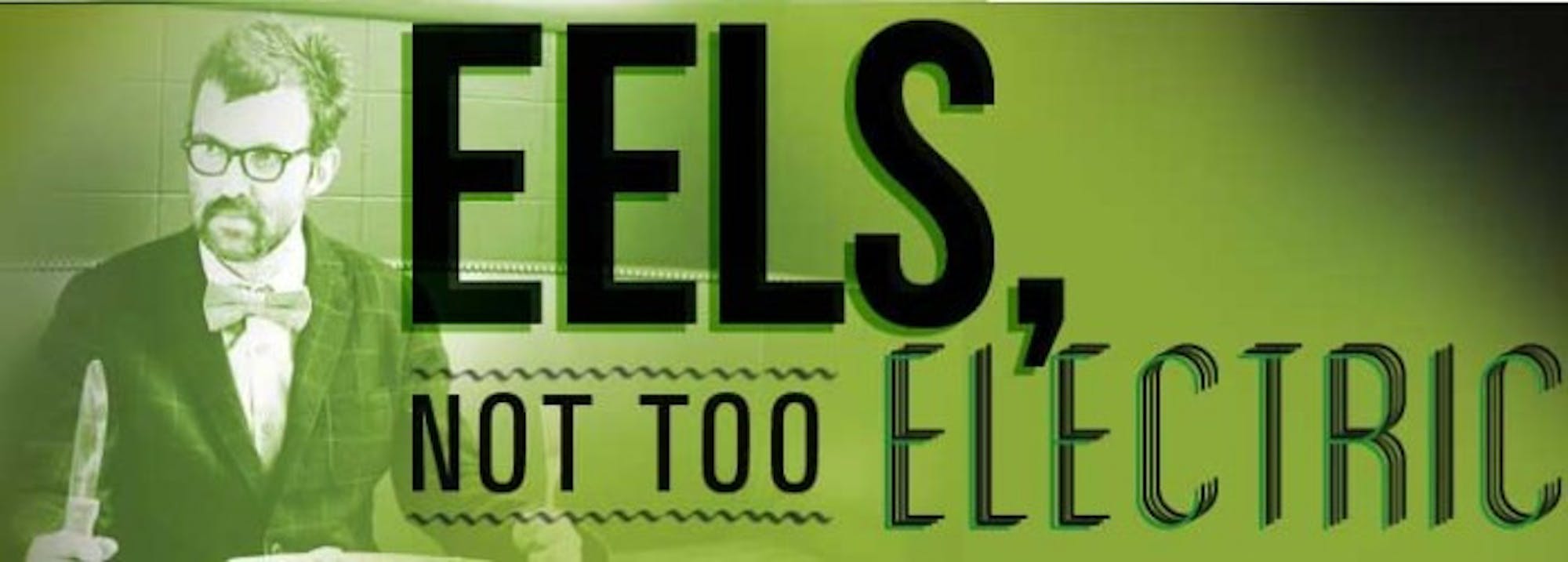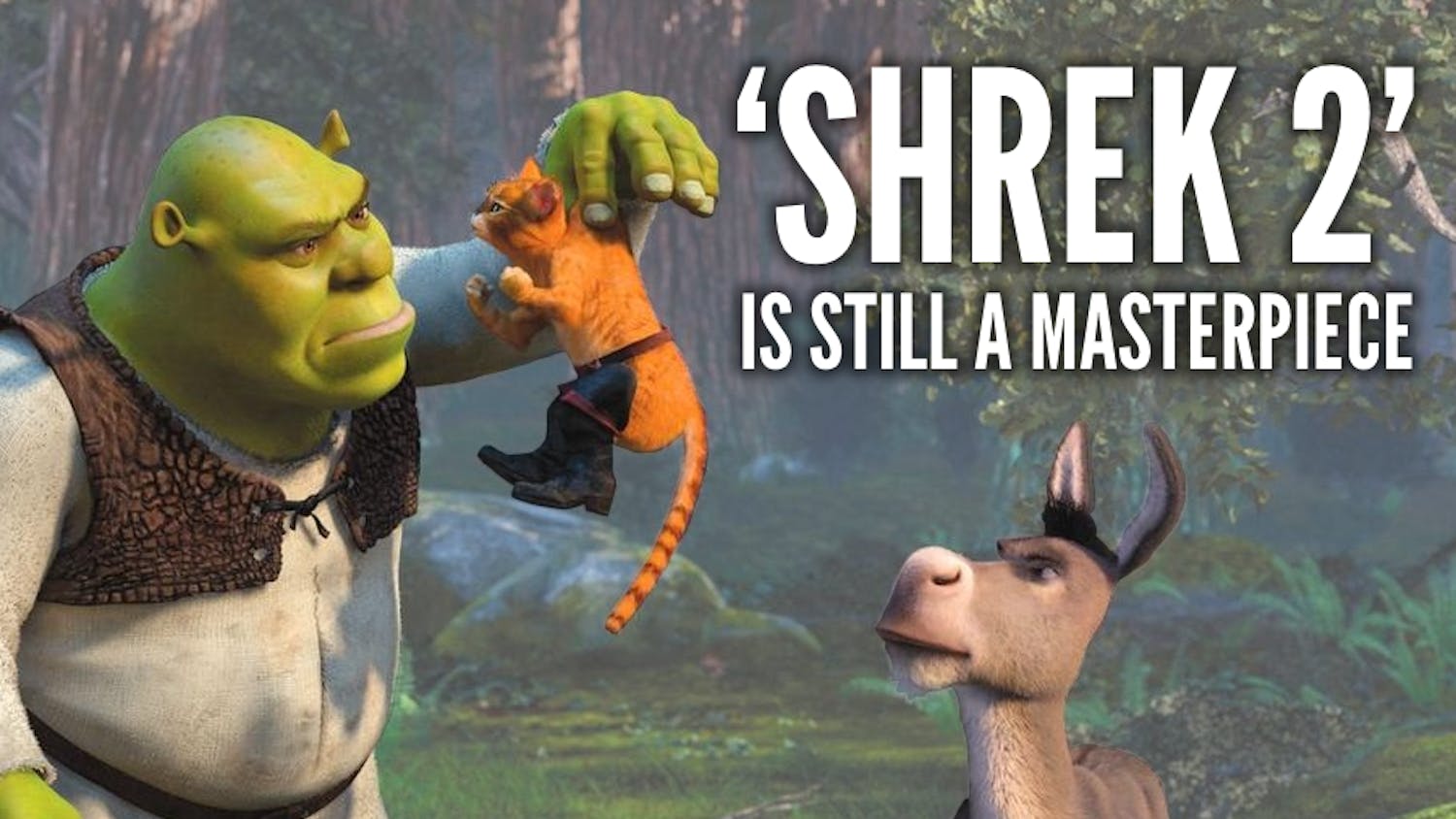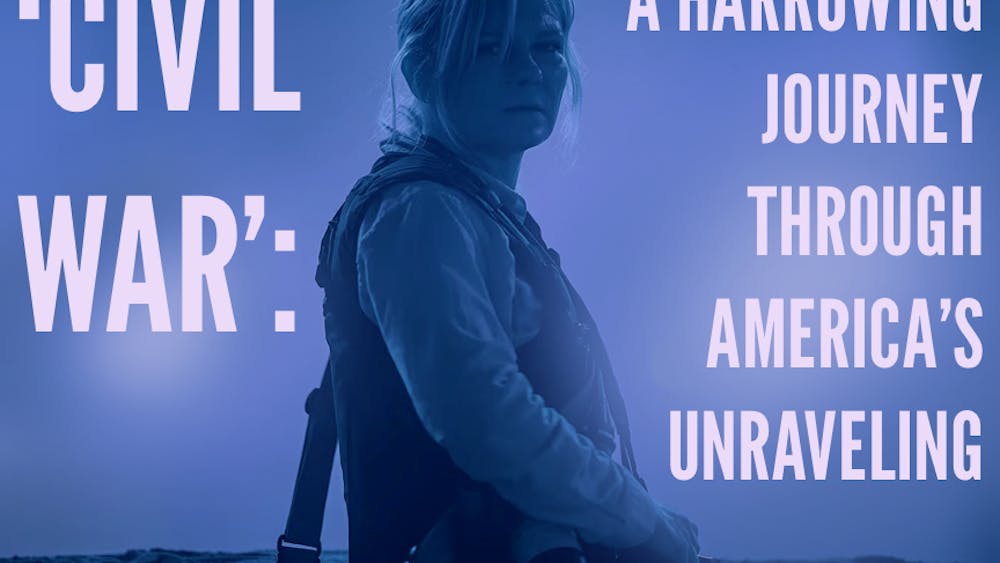Once called “the Kurt Vonnegut of Rock” by Rolling Stone Magazine, lead singer, songwriter and front man for the band Eels Mark Oliver Everett — known more commonly as MOE and even more commonly as E — has been delivering music racked with sardonic hope, cynical humanism, wit and dry humor to the indie rock community for just shy of 30 years, since before it was cool — since before it was cool to do things since before they were cool. With a long beard, raspy voice and worn-out strumming style, E has been telling youths of the 80s, 90s and today that although it’s really freakin’ hard, the good in life ultimately outweighs the bad.
I started listening to the Eels when I was 12 or 13 years old. Their most recent album was Blinking Lights and Other Revelations, and I had heard the song “Losing Streak” on the Shrek Soundtrack and decided to learn to play it on piano. I did. Still one of my favorite songs to play. Out of like, the nine. A guy I do research with was telling me the other day that the song “Things the Grandchildren Should Know” is one of his favorite songs of youth to this day. In 2009, Eels’ release of “Hombre Lobo” brought with it a series of high-energy, western-facing cigarette-smelling songs that were guaranteed to occupy one of the six discs in my dad’s SUV until I graduated high school. It might even still be there.
But starting with ’10s release “End Times,” Eels adopted a much softer, slower, emotional sound. This sound was not absent on previous records, but starting with “End Times,” both E’s lyrical style and stripped-down instrumentation seem more tired and worn-out throughout each album. In a career move reminiscent of early Bob Dylan, engaging songwriting has been brought out of the spotlight (not forgotten) to make room for lyrical potency. Slow songs about ex-girlfriends, about regret, about emotional hindsight take up almost all of the Eels discography in the last half-decade. With the caveat of the heavy use of percussion and a return to electric instruments on “Wonderful, Glorious,” Eels stays true to its more depressing thought process through “Tomorrow Morning” (2010) and the most recent addition to Eels discography, “The Cautionary Tales of Mark Oliver Everett,” which was released this past Tuesday.
Reminiscent of “End Times” and “Tomorrow Morning” in attitude, song structure and lyrical makeup, “Cautionary Tales” delivers another package of regretful hindsight, lost love and lonely-heart ballads. Now, while there is certainly nothing wrong with songs, or even albums, of this nature (see my review of Beck’s “Morning Phase”) several albums that follow this feel in monotone released in succession tend to leave the listener disappointed. Focusing on his emotional and physical weariness, the last few Eels albums have explored the experiences that accompany entering middle age — and E doesn’t make it seem too bright. I find it hard to give E credit for even his songwriting ability; although his beauty has always been in his simplicity, he has seemed to reach his limit on different ways he can say, “I’m pretty sure I’m depressed.”














